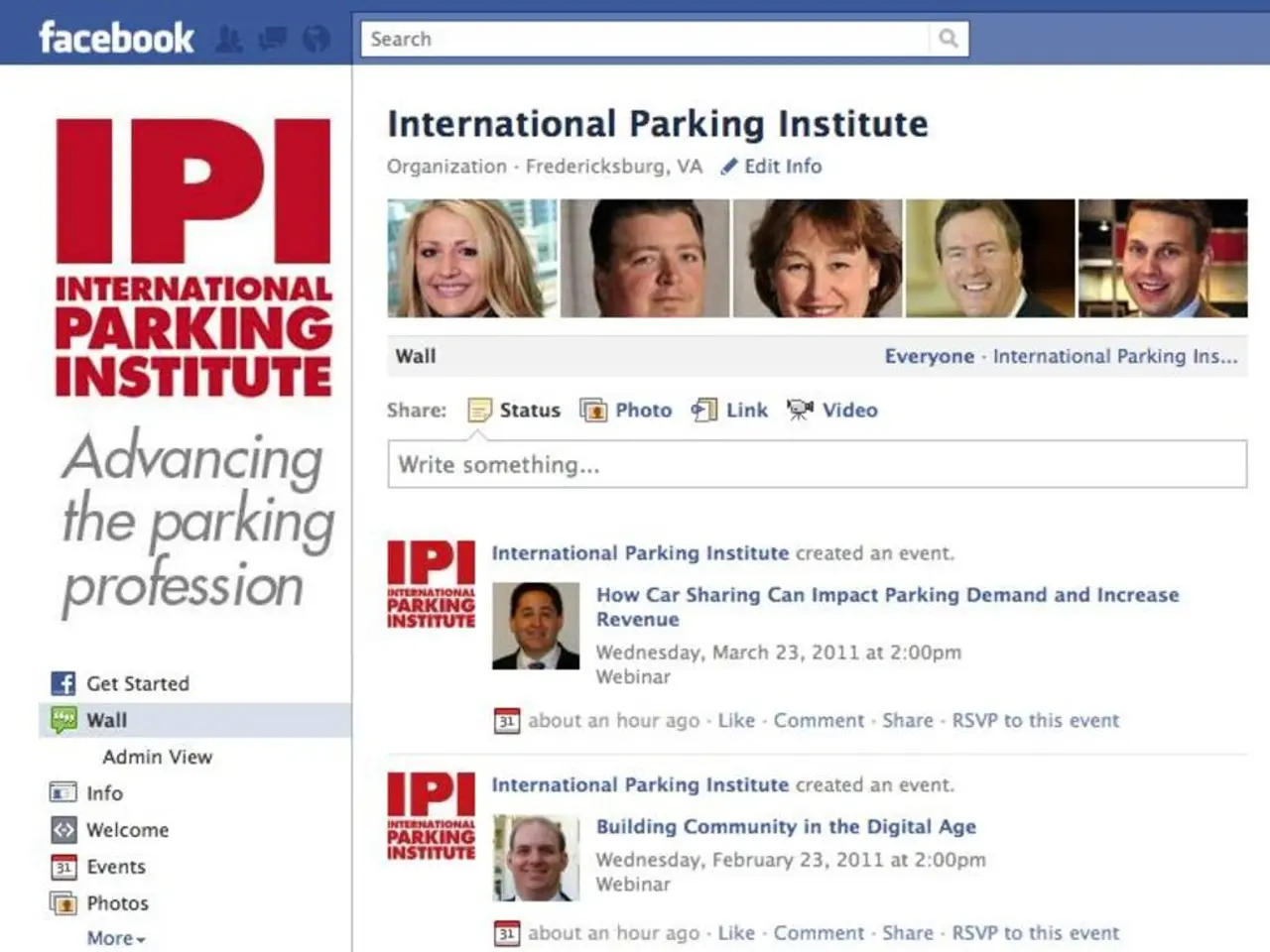Breast Cancer: Causes, Symptoms, and Discomfort Examination
Breast pain, or mastalgia, is a common experience for many individuals, affecting approximately half of the population at some point in their lives. While breast pain is not typically a sign of breast cancer, it's essential to be aware of its causes and when to seek medical advice.
Breast pain can be cyclical, occurring due to hormonal fluctuations during the menstrual cycle, or non-cyclical, persisting regardless of the menstrual cycle. Non-cyclical breast pain may be caused by various factors, including hormonal changes, benign breast conditions, infections, skin lesions, excessive caffeine intake, stress, musculoskeletal issues, and more. In males, breast pain might relate to gynecomastia or inflammation.
If a person experiences breast pain that lasts for more than two weeks, is specific to only one area of the breast, gets worse over time, is intense and inhibits everyday activities, or is accompanied by other changes to breast tissue, they should make an appointment with a healthcare professional. Additionally, if the pain is persistent, localized to one area, non-cyclical, accompanied by other signs such as nipple discharge, skin changes, lumps that do not resolve after menstruation, or swelling in the breast or armpit areas, immediate consultation is advised. Severe, progressively worsening pain, or pain associated with systemic symptoms like unexplained weight loss or fever, also warrant prompt medical attention.
Maintaining awareness of one's usual breast condition and noting any changes is important to help identify when medical advice is needed. While breast cancer is not usually painful, a painless lump in one of the breasts tends to be the first symptom. Other symptoms of breast cancer to look out for include unexplained pain in any area of the breast, nipple pain, unusual changes to the breast size, shape, or skin, a new lump in the breast or armpit, swelling of one part of the breast, dimpled breast skin, flushed or flaky skin in the nipple, and nipple discharge (other than breast milk), including blood.
For those who experience breast pain during breastfeeding, speaking with a lactation consultant may help. Improper positioning, improper latching, a poorly fitted breast pump, mastitis, or engorgement can cause pain. Wearing a more supportive bra may also help, and reduction surgery may be a viable solution for some.
In cases of non-cyclical breast pain, infection may be the underlying cause. Doctors may recommend over-the-counter pain relievers for cyclical and extramammary breast pain. For a more thorough examination, doctors may also recommend a mammogram to provide a visual of the breast tissue to detect any lumps or tissue irregularities.
It's crucial to remember that while breast pain is common, it's essential to address any persistent or severe pain to rule out potential health issues. If in doubt, always consult a healthcare professional.
- Breast pain, or mastalgia, is experienced by about half of the population, affecting both women and men.
- Cyclical breast pain often corresponds with the menstrual cycle, while non-cyclical pain persists regardless of the menstrual cycle.
- Non-cyclical breast pain can be caused by various factors like hormonal changes, benign breast conditions, infections, skin lesions, excessive caffeine intake, stress, musculoskeletal issues, and more.
- If breast pain lasts more than two weeks, becomes worsened, is specific to only one area, intense, or inhibits daily activities, one should consult a healthcare professional.
- Severe, progressively worsening pain, or pain associated with systemic symptoms like unexplained weight loss or fever, should prompt immediate medical attention.
- For women, maintaining awareness of breast health and identifying any changes is essential to catch potential symptoms of breast cancer, such as a painless lump, unusual breast changes, nipple discharge, or dimpled breast skin.
- In cases of non-cyclical breast pain, an infection may be the underlying cause and may require the attention of a healthcare professional, who might recommend a mammogram for a thorough examination.




